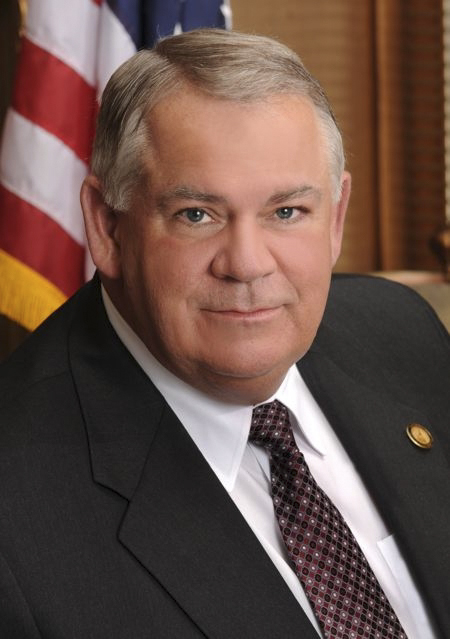
ATLANTA – The Georgia House of Representatives Tuesday overwhelmingly passed a comprehensive overhaul of a mental health-care system rated among the worst in the nation.
“Mental health touches almost every family in Georgia,” House Speaker David Ralston, R-Blue Ridge, who has made the bill his top priority this year, told lawmakers before the 169-3 vote. “These are Georgians who are hurting because the mental health-care system has failed them and hopelessness is winning the battle for their future.”
House Bill 1013 would require health insurance companies to treat mental illness the same way they treat physical illness. The parity provision also would apply to Georgia’s Medicaid and PeachCare for Kids programs and to the State Health Benefit Plan for teachers, university system employees and state workers.
The bill also would require care management organizations (CMOs) participating in Georgia Medicaid to dedicate at least 85% of their revenues to patient care and create a service-cancelable loan program to address a shortage of mental health-care workers.
Ralston said the legislation is being supported by $29 million in the fiscal 2022 mid-year budget and the fiscal 2023 spending plan on top of $58 million the General Assembly appropriated for mental health services last year.
The bill stems from two years of work by a state commission formed to find solutions to the funding, workforce development, access and insurance issues that hamper mental health and substance abuse services in Georgia.
The coronavirus pandemic has added a sense of urgency to the issue, with suicides, opioid abuse and Fentanyl overdose deaths on the rise in Georgia.
“There is no holy grail of how do you solve this,” said Rep. Todd Jones, R-South Forsyth, who worked with Rep. Mary Margaret Oliver, D-Decatur, to shepherd the bipartisan bill through the House Health and Human Services Committee. “[But] we have the ability to at least make a material change. … This is the first step that must be taken.”
Rep. Philip Singleton, R-Sharpsburg, echoed concerns that came up during committee hearings about a provision in the bill that would make it easier to commit mentally ill Georgians to a mental-health facility against their will. But the vast majority of House lawmakers agreed the overall thrust of the measure was well worth supporting.
“This bill is a game-changer,” said Rep. Calvin Smyre, D-Columbus, the House’s longest serving member. “It’s transformational.”
Ralston dropped a strong hint on the state Senate, where the bill now is headed, that he considers the issue too important for the typical give-and-take that occurs between the two legislative chambers.
“Lives are at stake with this bill,” he said. “I hope they will think twice before nitpicking or trying to take apart the work that has been done by this commission.”
This story is available through a news partnership with Capitol Beat News Service, a project of the Georgia Press Educational Foundation.